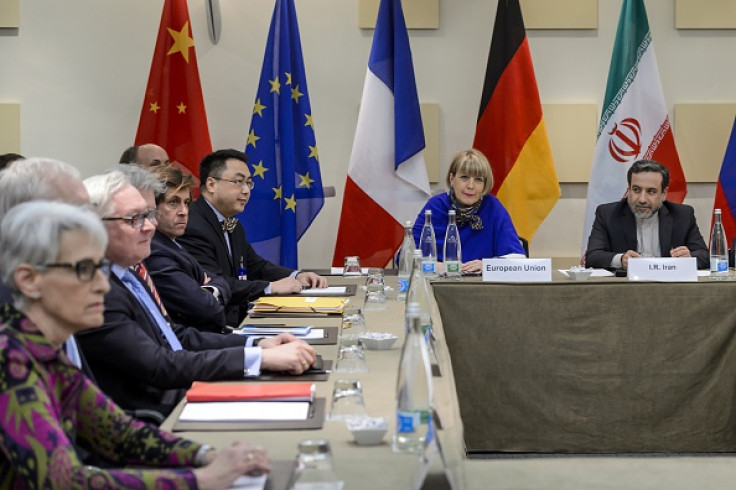Iran denies military site inspections under nuclear agreement

Iran's deputy foreign minister, Abbas Araghchi, has denied committing to military site inspections under the nuclear agreement with P5+1 world leaders on 24 May.
Araghchi clarified the claims made by an Iranian lawmaker Javad Karimi-Ghodoussi, alleging UN nuclear inspectors were allowed, under the nuclear deal, to visit Iran's military sites.
The ultra-conservative lawmaker Ghodoussi was quoted by the Fars news agency as saying: "Mr. Araghchi said that inspections of military sites have been accepted but the inspections are regulated and will be seriously managed."
During a briefing session with the parliamentary committee over the progress of nuclear talks with P5+1 world leaders, Araghchi denied the statement and stressed his, "objection to inspections or visits to any military centres or interviews with our nuclear scientists."
"We presented necessary explanations... regarding security measures which countries implementing the protocol usually take in order to protect their military, nuclear and industrial information and prevent spying," said Araghchi, in a statement from the foreign ministry, reported AFP News.
Araghchi later took to Instagram and wrote: "What can we do except put the fate of Karimi-Ghodoussi and Fars in the hands of God?" under a picture of a Fars headline that read, "we accepted the inspection of military sites."
Meanwhile, Iran's supreme leader Ayatollah Ali Khamenei pledged on 20 May that under no nuclear agreement will global powers be allowed to inspect the country's military sites or have access to Iranian scientists.
I will not let foreigners talk to & interrogate scientists who are the dear & distinguished children of #Iran. pic.twitter.com/NL56D8DFZ1
— Khamenei.ir (@khamenei_ir) May 20, 2015They say new things in negotiations;we already said that we won't allow foreigners to carry out any inspections on military sites
#IranTalks
— Khamenei.ir (@khamenei_ir) May 20, 2015A 30 June deadline has been set for Iran and the P5+1 world leaders –the US, Russia, China, Britain, France and Germany, to reach a final nuclear deal.
© Copyright IBTimes 2024. All rights reserved.






